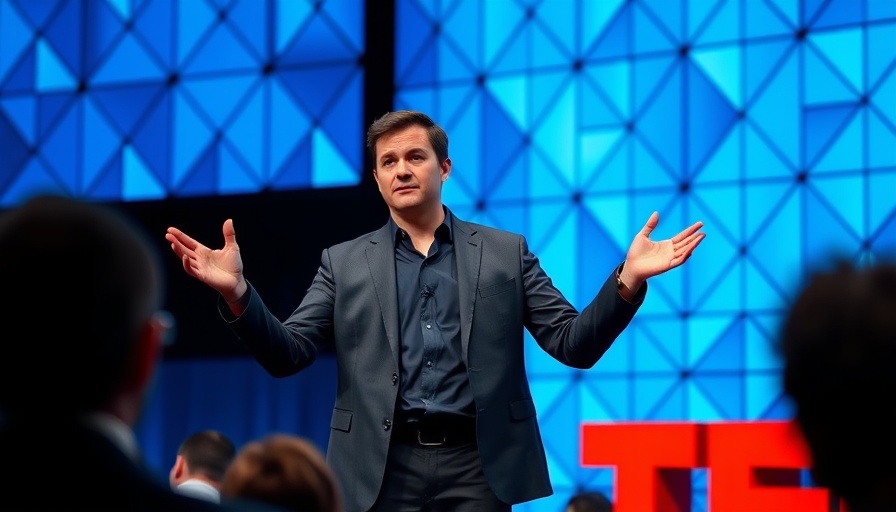
Understanding AI's Impact on Creativity
The rise of generative AI has transformed how we interact with creativity and intellectual property. As AI models become increasingly sophisticated, they rely on vast datasets that include unlicensed creative work. This presents a direct conflict between artificial intelligence and the very artists whose works it utilizes. The ongoing battle focuses on whether creative works should be freely incorporated into the training of AI, often without artists receiving due compensation or recognition.
The Urgent Need for Ethical Licensing in AI
Ed Newton-Rex, an expert in AI, advocates for a change in licensing practices to foster a fair relationship between AI companies and the creative community. His argument is backed by insights from various industry reports indicating that most generative AI systems are trained on copyrighted material without permission. Recent statistics show that 52% of businesses acknowledge intellectual property risk in adopting AI technologies—yet only 25% actively work to address these risks. A crucial step forward is the development of ethical licensing models that protect creators while allowing AI to thrive.
Challenging the Fair Use Argument
Existing copyright laws that permit “fair use” are being called into question in the context of AI. Many creators feel these clauses do not adequately protect their rights, especially when AI systems use their work to generate products that compete with the original creators. This debate is set against a backdrop of growing commercial pressure on tech companies to innovate while adhering to ethical guidelines.
Future of AI and Copyright Issues
As we look toward the future, the relationship between AI and creative industries remains complex. Major players in the sector like OpenAI are under scrutiny, as they explore how to balance innovation with copyright respect. This will involve both altering existing practices and possibly reshaping future legal frameworks surrounding copyright. New licensing models could lead to more symbiotic partnerships between AI developers and content creators.
The Role of Grassroots Movement in Protecting Creatives
Grassroots initiatives are essential in advocating for artists’ rights. Movements that promote fair use and ethical practices are gaining ground as artists unite to demand accountability from tech companies. By organizing and voicing their concerns, creative professionals can push for legislative changes that recognize their contributions to AI development.
Recommendations for Responsible AI Adoption
For businesses leveraging AI, establishing clear guidelines around copyright compliance is paramount. Organizations should conduct audits of their AI practices, explore collective licensing solutions, and provide education on the importance of intellectual property rights. Effective governance frameworks can ensure that innovations respect the rights of creators while advancing business objectives.
Conclusion: Moving Toward a Balanced AI Future
The growing integration of AI in creative industries presents both challenges and opportunities. By recognizing the importance of proper licensing and the rights of artists, the technology can advance while fostering an environment of mutual respect and collaboration. As we navigate this complex landscape, it is essential to prioritize ethical considerations to ensure that innovation thrives alongside creative integrity.
Let's advocate for a future where AI enhances creativity rather than undermines it. Take a stand today by supporting organizations that defend artist rights and promote responsible AI practices.
 Add Row
Add Row  Add
Add 


Write A Comment